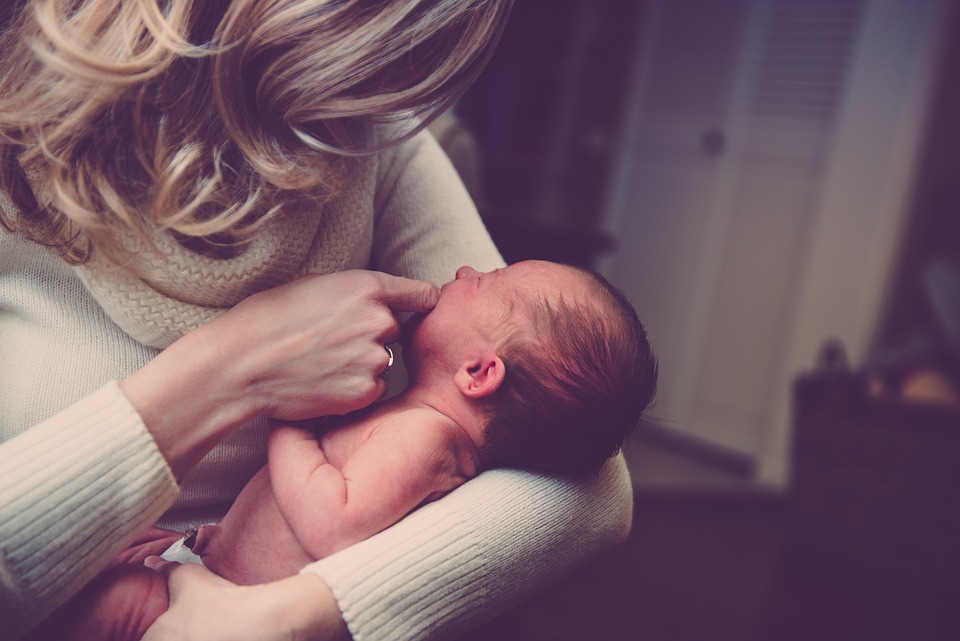Postpartum thyroiditis is a condition that occurs in about 5% of women after pregnancy. It is when the immune system produces anti-thyroid antibodies which attack the thyroid gland, causing it to become inflamed. The thyroid is critical to your body’s hormone regulation, and for pregnant women already going through hormone changes, it is a common issue they experience.
Luckily for most, it is not a permanent condition and typically wanes a year after delivery. Still, it’s good to know the risk factors and how to treat it if you are affected.
Who Is At Risk of Developing Postpartum Thyroiditis?
Postpartum thyroiditis can occur to any new mom, but those that have Type 1 diabetes are at a higher risk. Also, anyone that has thyroid issues in their family are at an increased risk of developing postpartum thyroiditis. If you’ve had hypothyroidism or hyperthyroidism during pregnancy, you could also be at a higher risk. Check out this article on how to reduce the risk of postpartum thyroiditis.
What are Postpartum Thyroiditis’ Symptoms?
Postpartum Thyroiditis is typically broken apart into two phases. The first phase usually occurs in months 1 through 6 after birth. During this time, new moms usually experience mild if any symptoms. These are symptoms that are common in hyperthyroidism:
- Increased heart rate
- Weight loss
- Feeling warm
- Anxiety
- Hair Loss
During the second stage of postpartum thyroiditis, usually between months 6 and 12, new moms will exhibit symptoms more typical of hypothyroidism. These include:
- Fatigue
- Weight Gain
- Feeling Cold
- Constipation
Testing and Treating Postpartum Thyroiditis
Your medical provider can monitor your thyroid levels both during and after your pregnancy. Be sure to tell them if you or a family member has had thyroid issues in the past. Thyroid levels are typically checked via blood tests.
Treatment of postpartum thyroiditis will vary by patient depending on the severity of hormone fluctuations and symptoms. Women that show mild symptoms are typically not given thyroid medication. Those with hypothyroidism are typically given thyroid hormone replacement therapy. Those with severe hyperthyroidism symptoms are typically treated with beta blockers to reduce symptoms.
Most patients will recover from postpartum thyroiditis in a year. Roughly 75% of patients will eventually be taken off of thyroid medication as symptoms ease. Some, especially those with severe hypothyroidism, may need lifelong thyroid hormone replacement therapy. There are lots of online support groups for new moms that can help you with issues like this.

